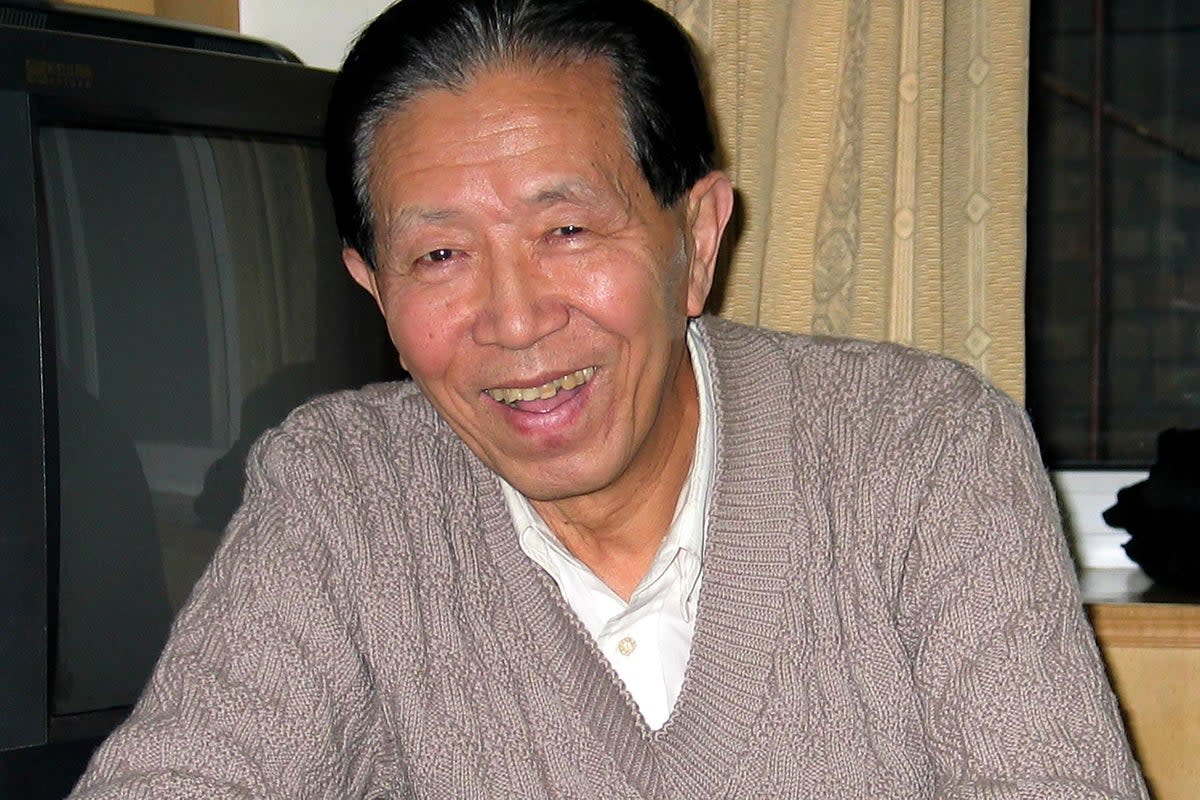Jiang Yanyong: Former military whistleblower who exposed 2003 Sars coverup dies at age 91

A military surgeon who exposed China’s cover up of the Severe Acute Respiratory Syndrome (Sars) epidemic in 2003 and was later placed under house arrest for his outspokenness on political matters has died at the age of 91.
Jiang Yanyong died of pneumonia and other illnesses on Saturday, according to two of his friends.
One was quoted as saying by local media that Jiang had contracted the virus in January.
He was reportedly keeping ill health in the past few years, according to some of his family members.
Jiang had served as the chief surgeon at the Chinese People’s Liberation Army general hospital before he retired. He had become a national hero by exposing the Chinese government’s cover up of the extent of the Sars epidemic in 2003.
According to the Associated Press, news of Jiang’s death – and even his name – were censored within China, underscoring how he remained a politically sensitive figure even late in life.
Jiang was awarded the Ramon Magsaysay Award for Public Service from the Philippines in 2004. In the citation, he was praised for having broken “China’s habit of silence and forced the truth of Sars into the open”.
At the peak of the Sars epidemic in China, it came as a shock to Jiang when the country’s then health minister, Zhang Wenkang, appeared on television and said Beijing had only 12 Sars cases and three deaths.
“You are safe here whether you wear the mask or not. Beijing is perfectly safe to visit for business or pleasure,” he had said.
Jiang wrote a letter the next day, saying there were already more than 100 cases in Beijing alone. He accused Mr Zhang, who had also trained as a military doctor, of “abandoning even his most basic standards of integrity as a doctor”.
The comments were a huge risk for Jiang.
But without fear of the consequences of the letter, he signed his name and sent it to several local media outlets, leading to an immediate impact.
The World Health Organisation put pressure on Beijing and the global health agency’s inspectors visited hospitals where the whistleblower had claimed there were hidden cases.
Chinese leaders fired the health minister and the mayor of Beijing as a result.
For a brief period, Jiang was acclaimed nationwide. “His goal wasn’t to make China lose face,” his daughter Jiang Rui said later in an interview. “He just saw that he had a chance to save lives.”
From 2004, Jiang and his wife were periodically placed under house arrest for appealing to the country’s Communist leaders for a reevaluation of the 1989 protests.


